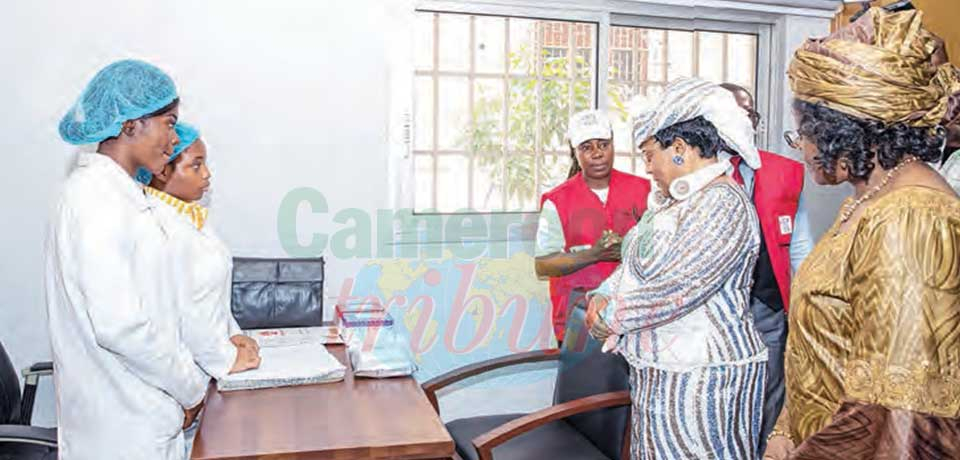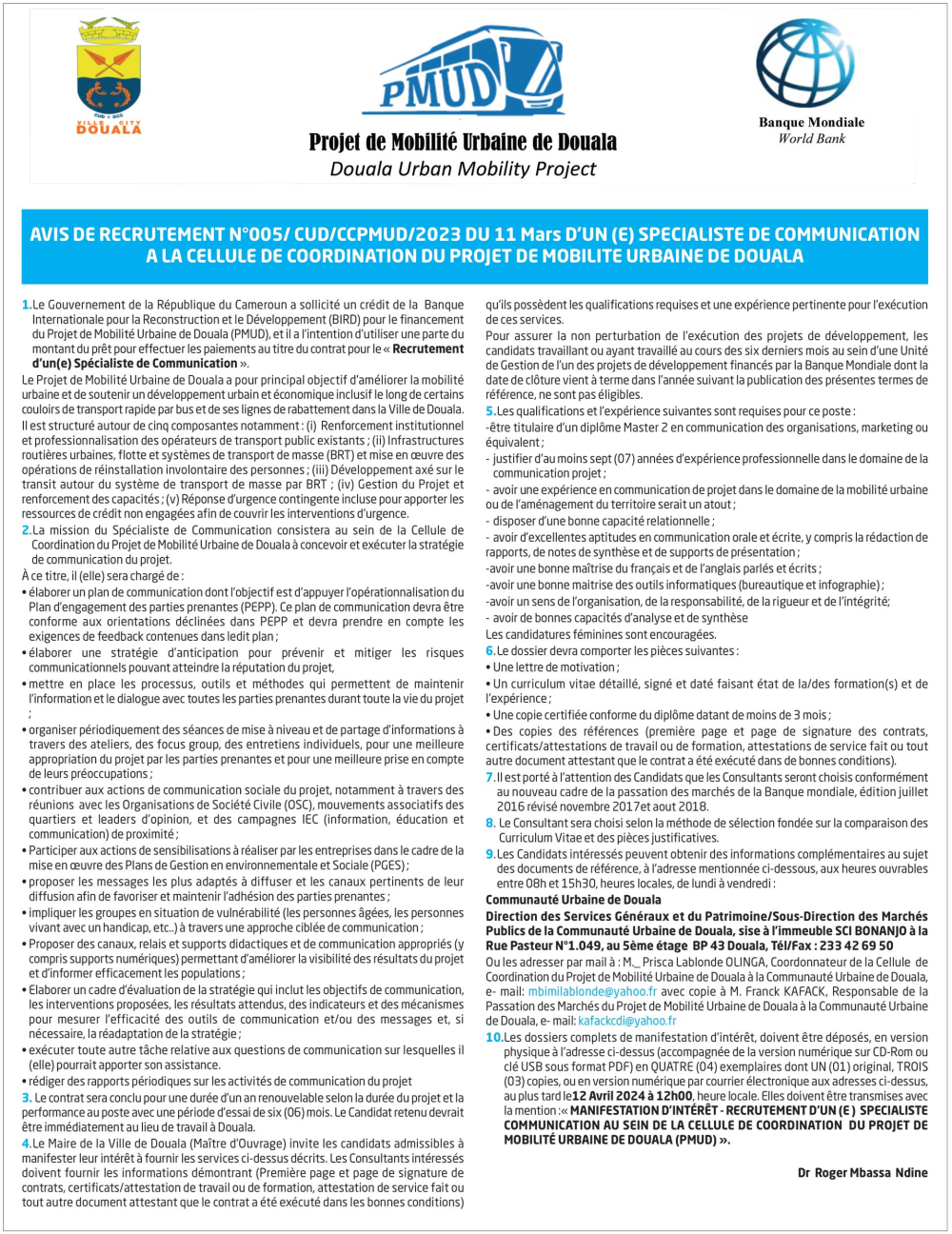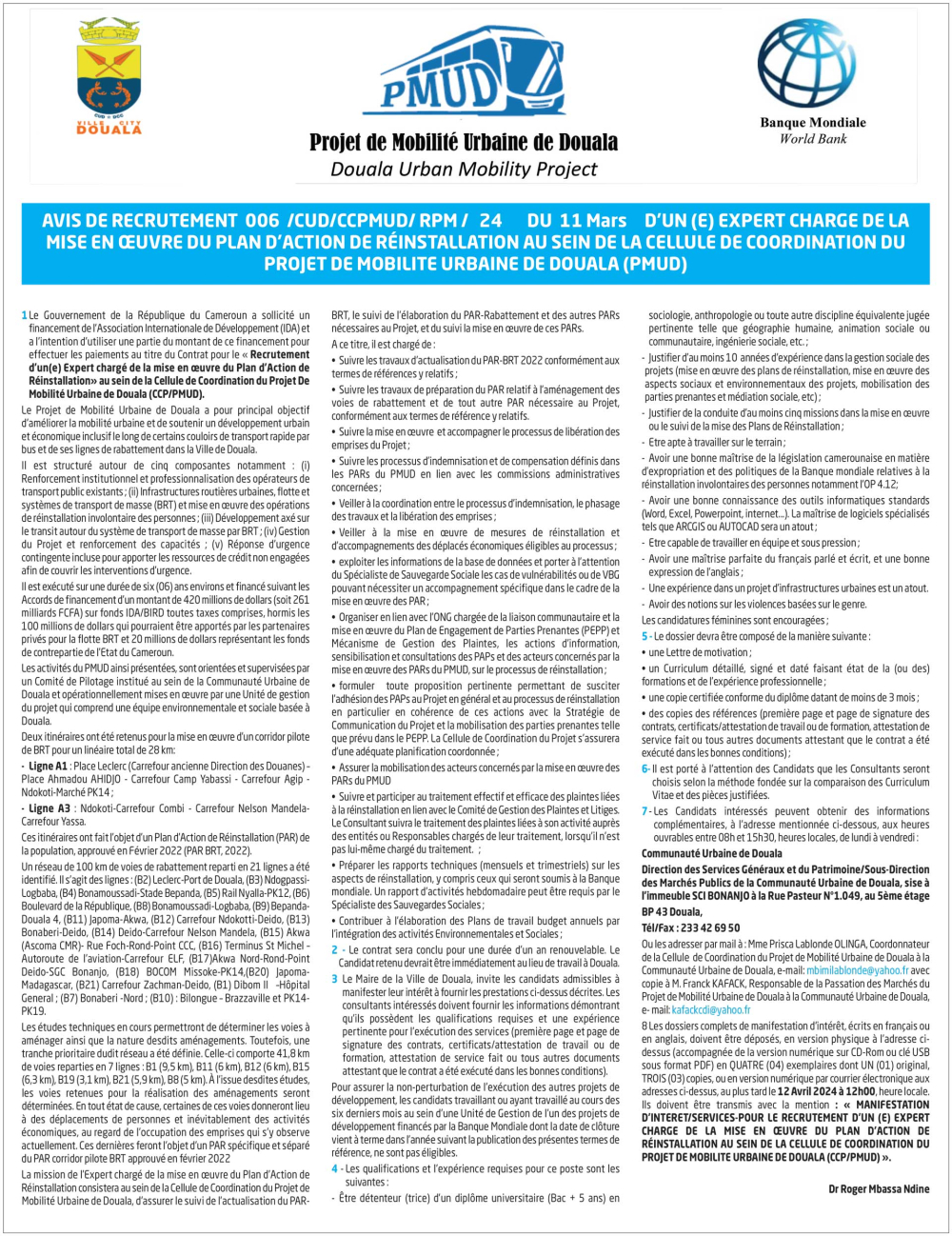Malaria Surveillance: New Rapid Test For Diagnosis
- Par LUKONG Pius NYUYLIME
- 21 août 2016 18:50
- 0 Likes
Using saliva, the proposed method is intended to be used in poor remote communities.
A new way of testing for malaria by using saliva instead of blood was presented at the National Malaria Control Programme in Yaounde on Friday August 19, 2016. The Non-invasive Malaria Parasite DNA Sampling Strategy for Surveillance in Limited Settings project is funded by Grand Challenges Canada. It is managed by the Molecular Diagnostics Research Group of the Biotechnology Centre, Nkolbisson, Yaounde, led by Dr. Palmer Masumbe Netongo, a Senior Lecturer with the Faculty of Science of the University of Yaounde I.
Saliva-based collection is aimed at detecting the parasite that causes malaria in saliva, contrary to the existing method of using blood. The saliva-based collection and stabilization of plasmodium DNA, coupled with a method like the Polymerase Chain Reaction (PCR), has sensitivity of 91 per cent and specificity of 92 per cent, compared to microscopy. The self-collection device is robust and easy to use to collect saliva from patients in remote endemic settings.
Plasmodium DNA can be stabilised and stored at temperature up to 50°c for up to one year, thereby enabling a proactive surveillance programme that does not rely on trained personnel and cool-chain transport. According to Dr. Palmer Masumbe,...
Cet article complet est réservé aux abonnés
Déjà abonné ? Identifiez-vous >
Accédez en illimité à Cameroon Tribune Digital à partir de 26250 FCFA
Je M'abonne1 minute suffit pour vous abonner à Cameroon Tribune Digital !
- Votre numéro spécial cameroon-tribune en version numérique
- Des encarts
- Des appels d'offres exclusives
- D'avant-première (accès 24h avant la publication)
- Des éditions consultables sur tous supports (smartphone, tablettes, PC)
















Commentaires